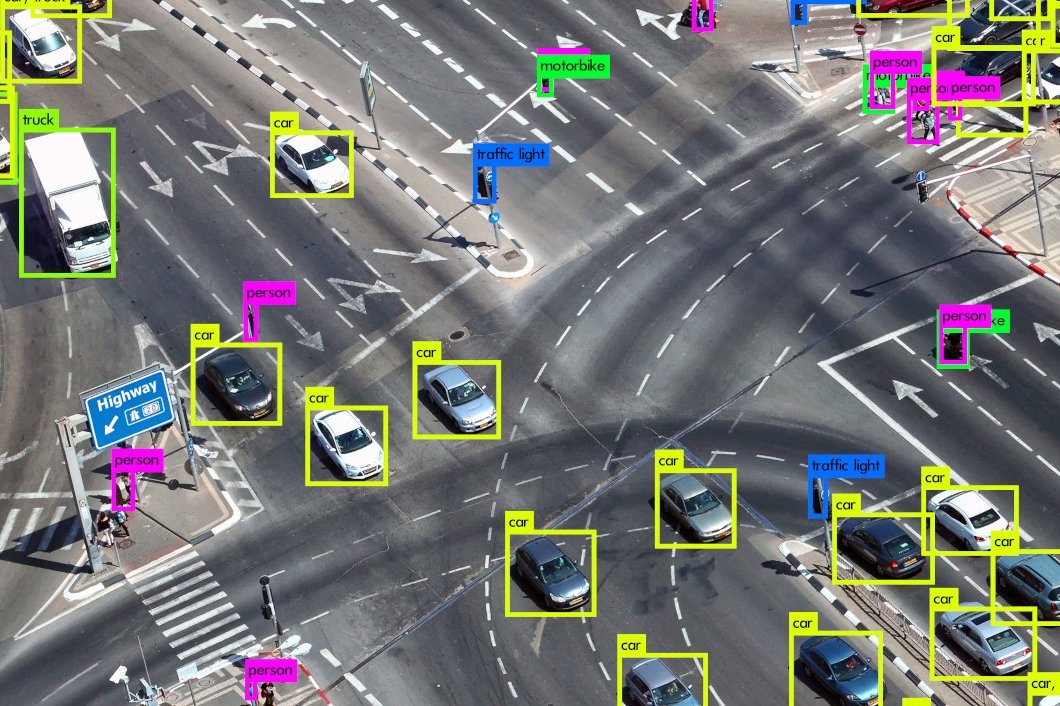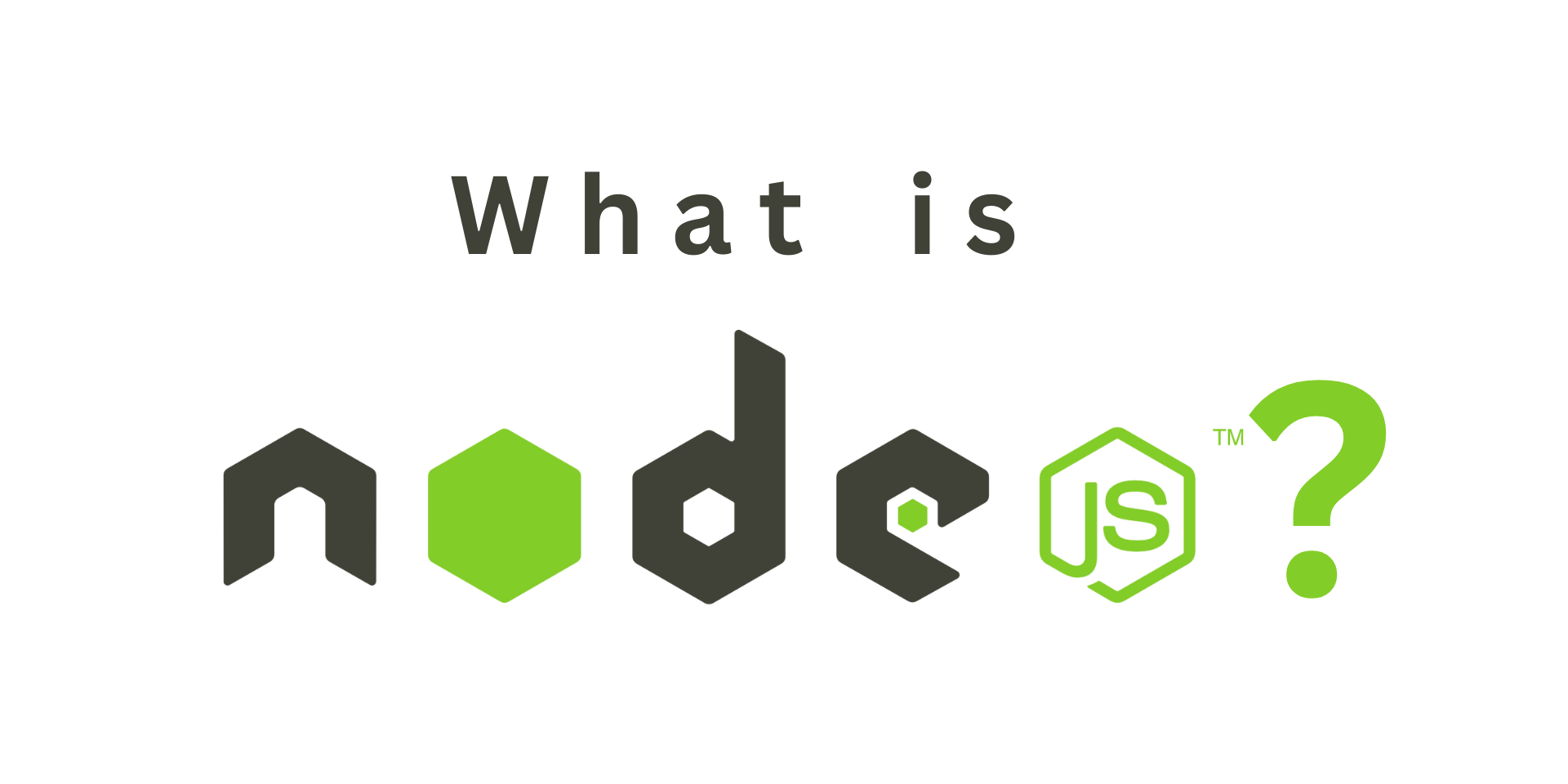Mastering PHP: A Comprehensive Guide to Learning PHP Programming
Title: Mastering PHP: A Comprehensive Guide to Learning PHP Programming
Mastering PHP: A Comprehensive Guide to Learning PHP Programming
Introduction:
PHP (Hypertext Preprocessor) is a widely-used open-source scripting language that is specifically designed for web development. It is known for its simplicity, flexibility, and extensive support for various databases. Whether you are a beginner or an experienced programmer, learning PHP can greatly enhance your web development skills and open up new opportunities in the tech industry. In this article, we will provide a comprehensive guide to learning PHP programming, covering everything from the basics to advanced concepts.
1. Getting Started with PHP:
To begin your journey in PHP programming, it is essential to set up a development environment. This involves installing a web server (such as Apache) and a PHP interpreter on your local machine. Once you have the necessary tools in place, you can start writing and executing PHP code.
2. PHP Syntax and Variables:
Understanding the syntax and structure of PHP is crucial for writing effective code. PHP uses a combination of HTML and PHP tags to embed dynamic content within web pages. You will learn about variables, data types, operators, control structures, and functions, which are the building blocks of PHP programming.
3. Working with Forms and User Input:
PHP is commonly used to process form data submitted by users. You will discover how to handle user input, validate form data, and prevent security vulnerabilities such as SQL injection and cross-site scripting (XSS) attacks. Additionally, you will learn how to interact with databases using PHP's database extensions like MySQLi or PDO.
4. Object-Oriented Programming (OOP) in PHP:
Object-oriented programming is a powerful paradigm that allows you to create reusable and modular code. You will delve into the principles of OOP and learn how to define classes, create objects, and implement inheritance, encapsulation, and polymorphism in PHP. OOP enables you to write more organized and maintainable code, making your applications scalable and easier to debug.
5. Web Application Development with PHP with Frameworks
PHP is widely used for building dynamic web applications. You will explore frameworks like Laravel, Symfony, and CodeIgniter, which provide a structured approach to web development and offer a range of features such as routing, database abstraction, and template engines. These frameworks can significantly speed up the development process and help you build robust and secure web applications.
6. Debugging and Error Handling:
Debugging is an essential skill for any programmer. You will learn various techniques and tools to identify and fix errors in your PHP code. Additionally, you will discover how to handle exceptions and implement error logging to ensure smooth operation of your applications.
7. Security Best Practices:
Web security is of utmost importance in today's digital landscape. You will understand common security vulnerabilities in PHP applications and learn how to mitigate them. Topics covered include input validation, data sanitization, password hashing, and protecting against cross-site scripting (XSS) and cross-site request forgery (CSRF) attacks.
In essence, learning PHP opens up a world of possibilities in web development. By mastering PHP, you can create dynamic and interactive websites, build powerful web applications, and even contribute to open-source projects. With the comprehensive guide provided in this article, you have a solid foundation to embark on your PHP programming journey. Remember, practice and hands-on experience are key to becoming a proficient PHP developer. So, start coding and enjoy the process of mastering PHP!
























